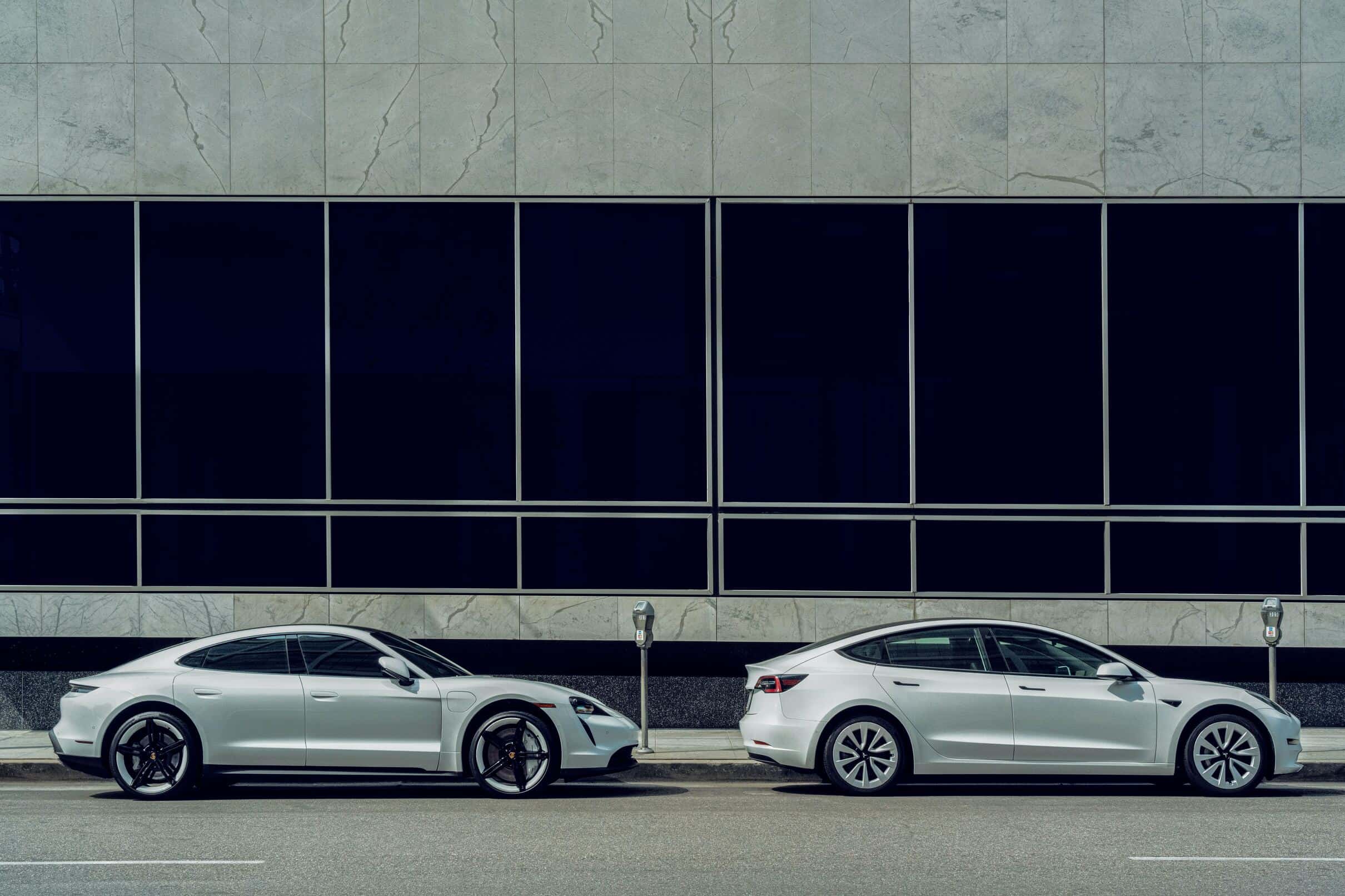Introduction
Understanding the surge in insurance costs for electric vehicles (EVs) has caught the attention of both consumers and industry experts. This dramatic increase in Electric Car Insurance Costs Soaring by 72%, stems from several critical factors, primarily revolving around the intricate repair struggles associated with these technologically advanced vehicles.

Complex Repair Dynamics of Electric Vehicles
Electric cars are a marvel of engineering, featuring intricate battery systems, advanced electronics, and specialised components. While these innovations offer enhanced performance and reduced environmental impact, they significantly complicate the repair process. The heart of an electric vehicle, its battery, is a key contributor to the escalated repair costs. With the high expense of repairing or replacing these batteries, insurance premiums understandably rise.
Scarcity of Specialised Repair Facilities
Repairing an electric car demands specialised knowledge, tools, and facilities. The scarcity of repair centres equipped to handle electric vehicle repairs amplifies repair costs. The lack of easily accessible repair options further exacerbates insurance premiums due to the longer distances consumers might have to travel for repairs.
Impact of Battery Costs on Premiums
The cost associated with electric car batteries directly impacts insurance rates. The complexity and expense of replacing or repairing these batteries contribute significantly to higher premiums. The lack of standardised repair procedures and the limited availability of affordable replacement batteries further intensify insurance costs.
Limited Availability of Parts
Electric vehicles often face challenges regarding the availability of specialised components. The scarcity of these parts prolongs repair times and drives up expenses, directly influencing insurance premiums. The rarity of specific EV components contributes to increased repair costs and subsequently higher insurance rates.
Insurers’ Predicament: Lack of Historical Data

Insurers face a unique challenge in assessing the risks associated with insuring electric vehicles. The absence of comprehensive historical data on EV repairs makes it difficult for insurance companies to accurately predict repair costs. This uncertainty prompts insurers to adopt a cautious approach, resulting in higher premiums to mitigate potential financial risks.
Exploring Evolving Insurance Strategies
To address the challenges posed by electric car repairs, insurers are exploring innovative strategies. Some are considering tailored coverage options specifically designed for electric vehicles. These specialised policies might encompass comprehensive coverage for battery-related issues and enhanced roadside assistance for EV-specific problems.
Collaborative Solutions: Insurers and Automakers
Collaboration between insurers and automakers could potentially alleviate some of the challenges associated with electric car repairs. Improved access to diagnostic tools, standardised repair procedures, and increased availability of spare parts might mitigate repair costs in the future. Insurers and automakers working together could significantly impact insurance premiums for electric cars.
Regulatory Intervention and Future Prospects
Policymakers and regulatory bodies are stepping in to address the insurance challenges related to EVs. Discussions involve developing standardised repair protocols and establishing certification standards for technicians working on electric vehicles. The aim is to foster a conducive environment for insurers while ensuring affordable coverage options for electric car owners.
Considering the Trade-offs: Consumer Perspective
For consumers eyeing the transition to electric vehicles, the spike in insurance costs becomes a crucial factor to consider. While the long-term benefits of owning an electric car are appealing, potential buyers must weigh the higher insurance premiums against these advantages before making a decision.
Consider Buying a Petrol or a Diesel Car Instead;
![]()
Initial Purchase Price
Diesel or petrol cars traditionally have a lower upfront cost compared to electric vehicles. The price disparity can be substantial, making internal combustion engine cars a more immediately affordable option for many buyers. However, this cost advantage at the point of purchase needs to be balanced against other long-term expenses.
Operational Costs
Fuel expenses constitute a significant portion of the operational costs for any vehicle. While electricity tends to be cheaper per mile than petrol or diesel fuel, the higher initial cost of purchasing an electric car can offset these savings in the short to medium term. The running costs also depend on the price of fuel and electricity in different regions.
Maintenance and Repair

Electric cars generally have fewer moving parts than diesel or petrol cars, leading to lower maintenance costs due to reduced wear and tear on components like brakes and exhaust systems. However, EVs often require specialised maintenance for their battery systems, which can be costly. On the other hand, traditional cars might have lower repair costs due to a more established and familiar infrastructure for maintenance and repairs.
Resale Value and Depreciation
Resale value and depreciation rates are significant aspects influencing the overall cost of ownership. Diesel or petrol cars often have more stable and predictable depreciation patterns, contributing to better resale value compared to electric vehicles. This stability can positively impact the total cost of ownership for traditional cars.
Government Incentives and Regulations
In some regions, government incentives, tax rebates, or subsidies favour the purchase of electric vehicles, making them more financially attractive. However, these incentives might not fully offset the higher initial purchase price of an EV.
Consideration of Usage
The cost-effectiveness of diesel or petrol cars versus electric vehicles heavily relies on individual usage patterns. For those with shorter daily commutes, access to reliable charging infrastructure, and lower electricity rates, EVs might prove to be more cost-effective over time due to reduced fuel expenses.
In conclusion, while electric vehicles offer potential long-term savings on fuel costs and reduced environmental impact, the initial higher purchase price, uncertainties regarding long-term battery maintenance costs, and infrastructure limitations can make diesel or petrol cars a more cost-effective choice for many consumers. The decision should be based on individual needs, driving habits, and financial considerations.
If you struggle with poor credit history or just want to cut general costs and are thinking of making the switch to petrol/ diesel, get yourself a reliable car! Choose My Car have plenty of options available for every type of budget, so don’t hesitate to get in-touch and we will help source the perfect car for you!





